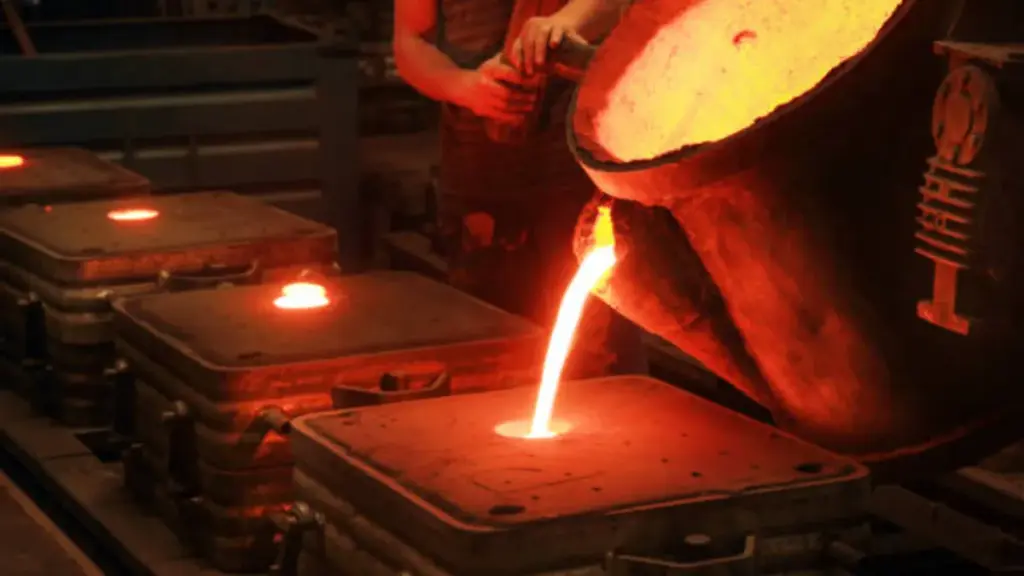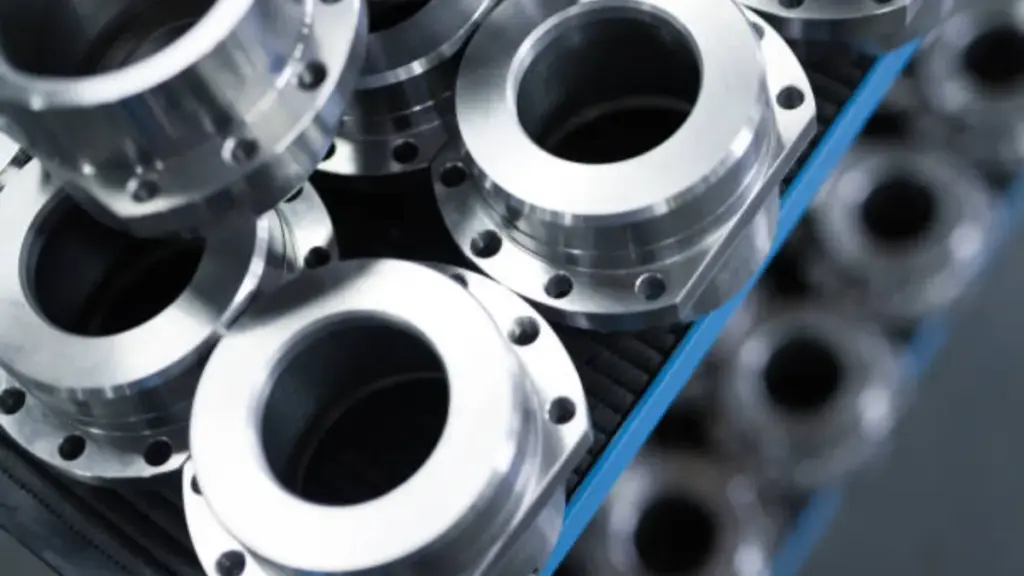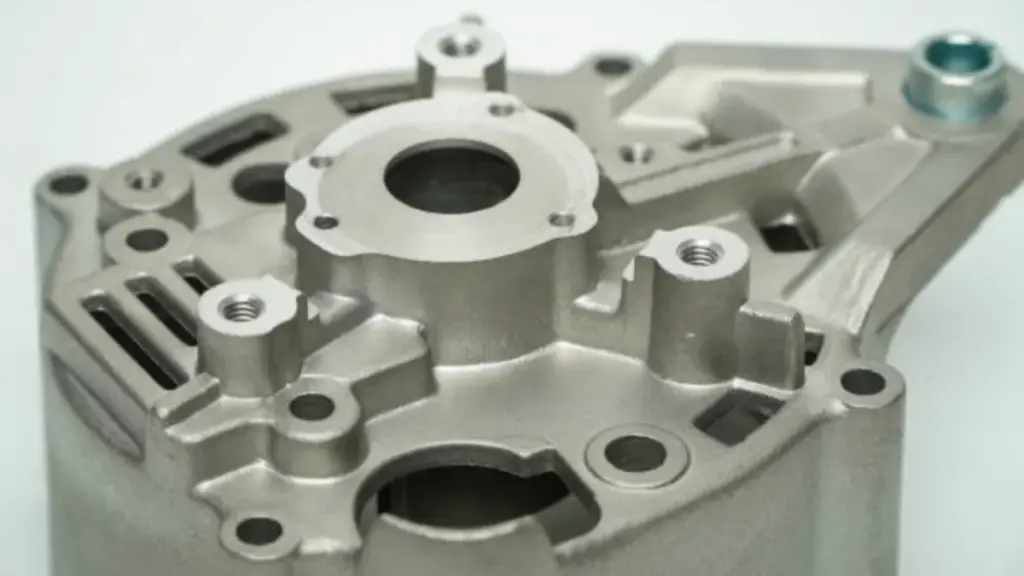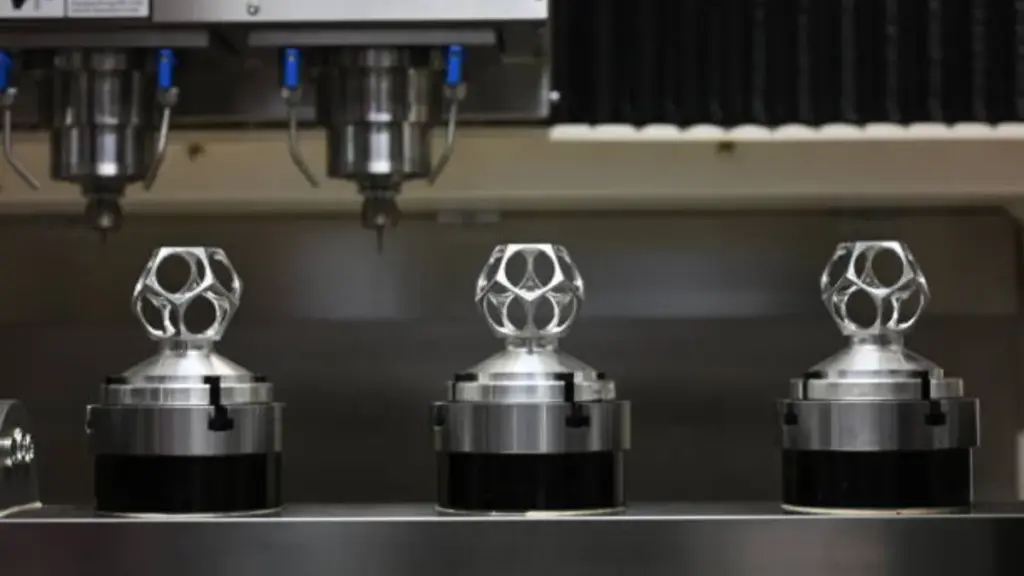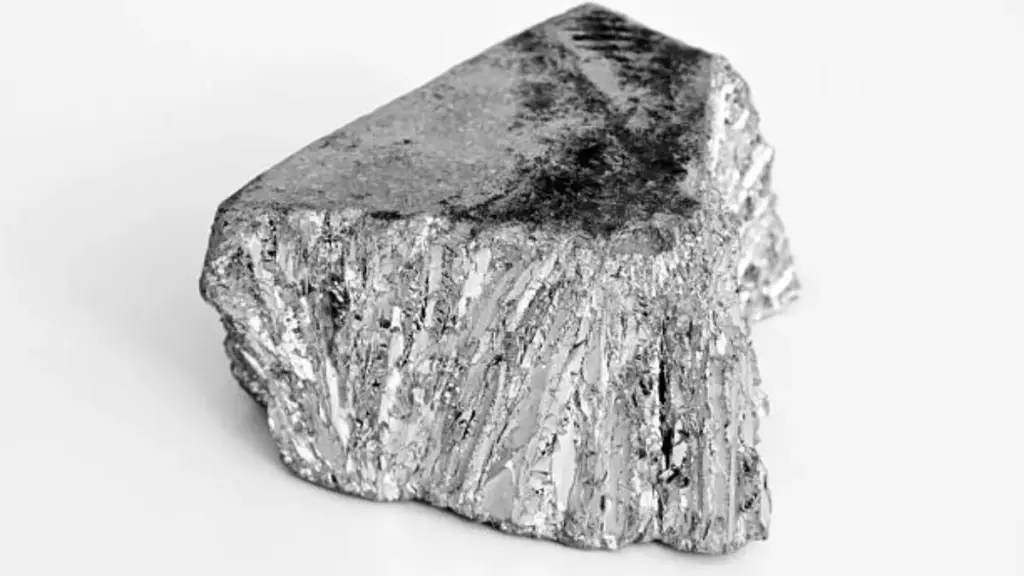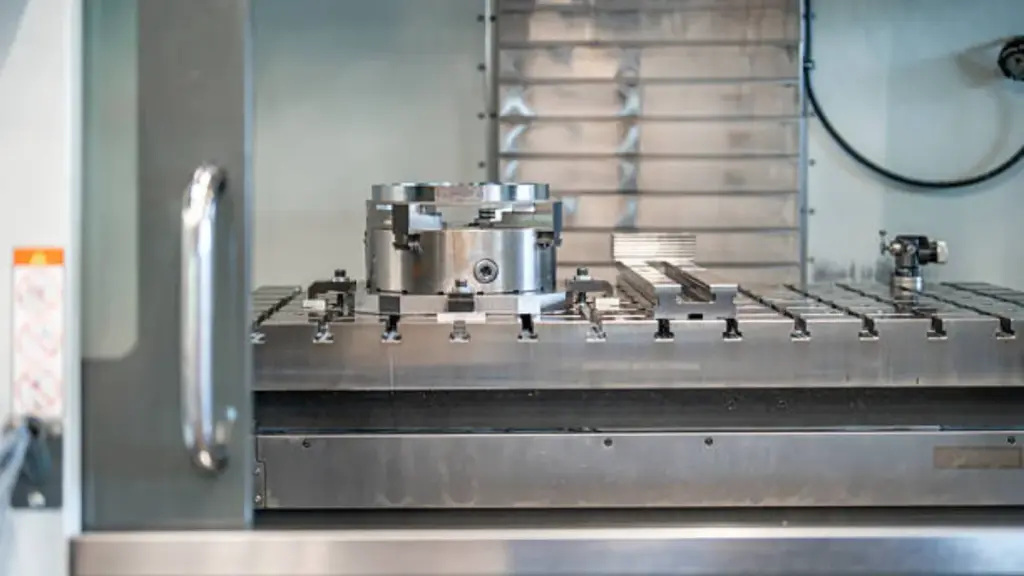أصبح صب القالب حجر الزاوية في صناعة السيارات, تحويل كيفية تصميم المركبات وتصنيعها. هذه العملية المبتكرة أمر بالغ الأهمية لإنتاج الوزن الخفيف, مكونات متينة تلبي متطلبات المركبات الحديثة. دعونا نستكشف أهمية الصب في صناعة السيارات وكيف تشكل مستقبل النقل.
ما هو يموت الصب?
يموت الصب هي عملية صب معدنية دقيقة تتضمن حقن المعدن المنصهر في قالب تحت ضغط عالي. هذه التقنية تخلق مجمع, أجزاء مفصلة ذات قوة استثنائية ومتانة. تخيل صياغة الأشكال المعدنية المثالية دون عناء - هذا ما يحقق الصب الذي يموت, مما يجعلها طريقة مفضلة في صناعة السيارات.
المواد الرئيسية المستخدمة في صب القالب
في عالم الموت, ثلاث مواد أساسية تأخذ الأضواء: الألومنيوم, الزنك, وسبائك المغنيسيوم. يقدم كل منهما مزايا مميزة لمختلف تطبيقات الأجزاء التي تموت.
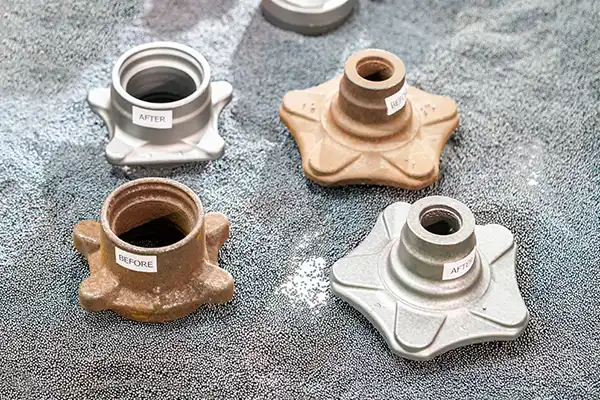
سبائك الألومنيوم
تستخدم سبائك الألومنيوم على نطاق واسع في صب سياراتها بسبب طبيعتها وخفيفة الوزن وقوتها. إنها مثالية لمكونات التصنيع التي تتطلب أداءً عاليًا دون إضافة وزن غير ضروري. إن استخدام أجزاء السيارات التي تموت الألومنيوم يساهم بشكل كبير في كفاءة استهلاك الوقود وديناميات المركبات الإجمالية.
سبائك الزنك
تتفوق سبائك الزنك في إنشاء أجزاء مع تفاصيل معقدة ودقة عالية. سيولة وقوتها الممتازة تجعلها مثالية لإنتاج صغير, مكونات معقدة, التأكد من أن كل قطعة تتناسب تمامًا مع الصورة الأكبر لتصميم السيارات.
سبائك المغنيسيوم
سبائك المغنيسيوم أخف من الألمنيوم, تقديم توازن ملحوظ بين الوزن والقوة. يتم استخدامها للأجزاء التي يكون فيها تقليل الوزن أمرًا بالغ الأهمية, كما هو الحال في المركبات عالية الأداء التي تتطلب خفة الحركة والسرعة.
يموت الصب في صناعة السيارات
يلعب صب Die دورًا محوريًا في إنتاج مكونات السيارات الأساسية المختلفة, تعزيز الأداء, أمان, وكفاءة المركبات.
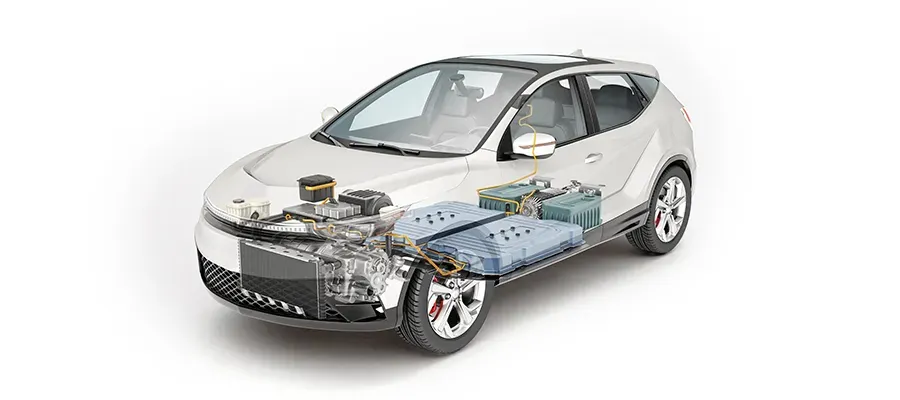
مكونات المحرك
في عالم مكونات المحرك, الصب أمر ضروري. توفر رؤوس الأسطوانات وكتل المحرك المصنوعة من خلال صب السيارات. ألومنيوم يموت الأجزاء التلقائية تفضل بشكل خاص لهذه المكونات بسبب قدرتها على تحمل درجات الحرارة العالية مع الحفاظ على خصائص خفيفة الوزن.
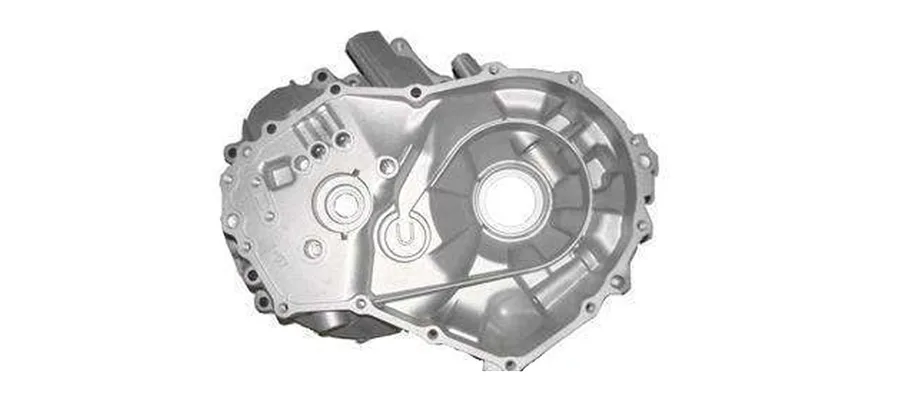
أجزاء الإرسال
الدقة التي يقدمها الصب في أجزاء نقل السيارات لا مثيل لها. تستفيد علب التروس والمقلبات من قدرة الطريقة على إنتاج متينة, مكونات عالية الدقة تضمن تشغيل مركبة سلس وفعال. هذا يعزز كل من أداء نظام النقل وطول العمر.
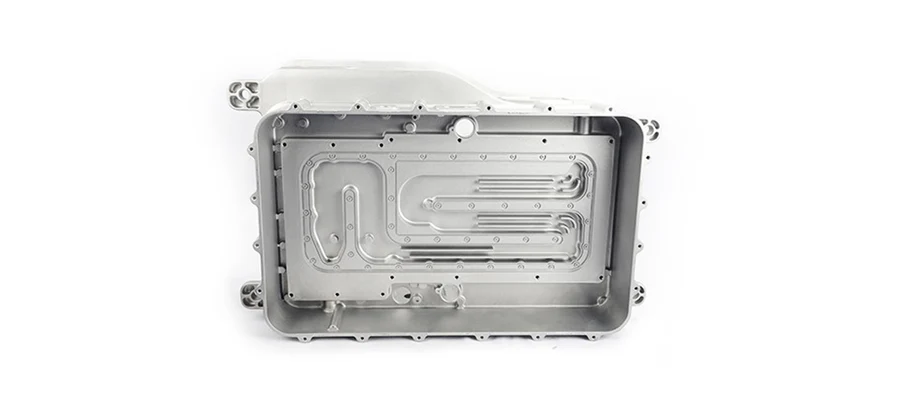
المكونات الهيكلية
الصب أمر حاسم في تصنيع المكونات الهيكلية مثل أجزاء الهيكل وأنظمة التعليق. يجب أن تكون قطع غيار السيارات التي تموت هذه قوية وخفيفة الوزن لتوفير الاستقرار والراحة مع تقليل الوزن الكلي للسيارة. غالبًا ما يتم استخدام صب سيارات الألومنيوم هنا, تقديم مزيج مثالي من القوة والخفة.
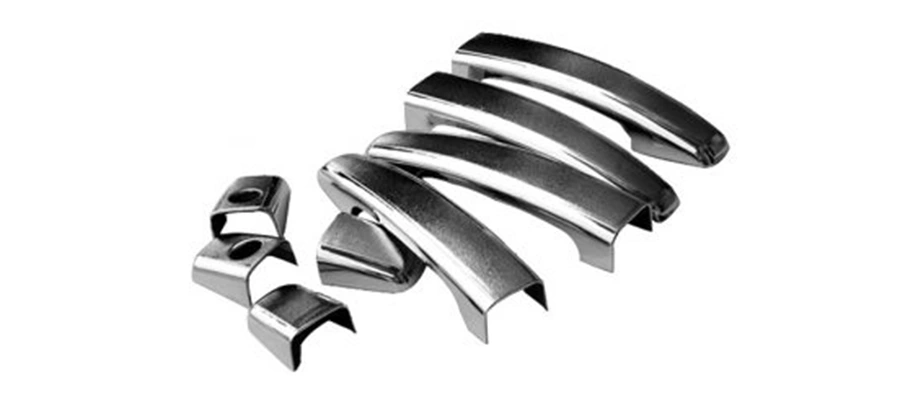
الداخلية & الأجزاء الخارجية
إن الداخلية والخارجية للسيارة تستفيد بشكل كبير من منتجات الصب. ألومنيوم يموت الأجزاء التلقائية خلق أنيقة, مكونات لوحة القيادة المتينة ولوحات التحكم. تجمع هذه الأجزاء بين الوظائف والجمال, تعزيز تجربة القيادة مع ضمان طول العمر والموثوقية.
فوائد ألومنيوم يموت أجزاء السيارات
خفيفة الوزن وقوية
واحدة من المزايا الأساسية لأجزاء سيارات الصب التي تموت الألومنيوم هي قدرتها على الجمع بين خصائص خفيفة الوزن بقوة رائعة. هذا المزيج أمر حيوي لتحسين كفاءة استهلاك الوقود والتعامل معه, لأن المركبات الأخف أكثر مرونة وتستهلك طاقة أقل.
مقاومة التآكل
منتجات الصب التي تموت الألومنيوم مقاومة للغاية للتآكل, جعلها مثالية لتطبيقات السيارات حيث تتعرض الأجزاء لظروف بيئية قاسية. تضمن هذه المقاومة أن تحافظ المكونات على سلامتها ومظهرها بمرور الوقت.
الموصلية الحرارية
توفر أجزاء الصب المصبوب من الألومنيوم من الألومنيوم الموصلية الحرارية ممتازة, مما يساعد على تبديد الحرارة بكفاءة. هذه الخاصية أمر بالغ الأهمية للمكونات مثل كتل المحرك ورؤوس الأسطوانات التي تعمل تحت درجات حرارة عالية, ضمان الأداء الأمثل وطول العمر.
خاتمة
الصب القتلى عملية أساسية في صناعة السيارات, قيادة الابتكار والكفاءة. قدرتها على إنتاج الوزن الخفيف, قوي, والأجزاء المعقدة تجعلها لا غنى عنها لتصنيع السيارات الحديثة. مع استمرار تطور التكنولوجيا, دور الموت في تطوير كفاءة, سوف تصبح المركبات المستدامة أكثر أهمية فقط.
الأسئلة الشائعة
- ما الذي يجعل الألومنيوم مثاليًا للموت الصب في السيارات? مزيج الألومنيوم من الخفة والقوة يجعلها مثالية لقطع غيار السيارات, تعزيز الكفاءة والأداء.
- كيف يموت الصب يحسن كفاءة السيارة? من خلال إنتاج أجزاء خفيفة الوزن ولكنها متينة, تموت الصب يساعد على تحسين كفاءة استهلاك الوقود وتقليل الانبعاثات.
- ما هي الفوائد البيئية للموت في السيارات في السيارات? يموت الصب يقلل من استهلاك النفايات والطاقة, تقديم حل تصنيع أكثر استدامة.
- هل هناك أي قيود على استخدام سبائك المغنيسيوم في صب القالب? المغنيسيوم خفيف الوزن وقوي ولكنه يمكن أن يكون أكثر تكلفة ويتطلب معالجة دقيقة بسبب طبيعته التفاعلية.
- كيف يموت الصب يساهم في سلامة المركبات? تعزز دقة وقوة الأجزاء المموتة من السلامة الهيكلية وموثوقية المكونات الحرجة للسلامة.

